When is the Best Time to Breed Chickens?

Breeding chickens is a rewarding venture for both commercial poultry farmers and backyard chicken enthusiasts. Understanding the best time to breed chickens is crucial for successful egg laying and hatching. This article aims to share knowledge and insights into the ideal breeding times for chickens, ensuring healthy offspring and optimal breeding results.
The Chicken Reproductive Cycle
The reproductive cycle of a chicken is a complex process influenced by various factors, including light, temperature, and diet. Understanding this cycle is key to determining the best breeding times.
Best Seasons for Breeding Chickens
Generally, spring is considered the optimal season for breeding chickens. Longer daylight hours and milder temperatures create ideal conditions for egg laying and hatching. However, breeding in the fall can also be successful with proper management.
Age Factor in Chicken Breeding
The age of the chicken plays a significant role in breeding. Hens are typically ready to breed after they reach sexual maturity, which varies depending on the breed but is usually around 6 months of age.
Environmental Factors Affecting Breeding
Environmental conditions such as temperature and light significantly influence chicken breeding. A stable and comfortable environment is essential for encouraging breeding behaviors and ensuring the health of both hens and roosters.
Nutritional Needs for Breeding Chickens
Proper nutrition is critical during the breeding season. Ensuring that chickens receive a balanced diet rich in essential nutrients helps in maintaining their health and boosting fertility.
Recognizing Signs of Readiness for Breeding
Recognizing physical and behavioral signs of readiness for breeding in chickens is important. These signs include changes in behavior, physical appearance, and egg-laying patterns.
Breeding Challenges and Solutions
Breeding chickens can present various challenges, such as low fertility rates or health issues. Addressing these challenges requires understanding their causes and implementing effective solutions.
Post-Breeding Care and Management
After breeding, it's important to provide proper care to both the hens and the newly hatched chicks. This includes ensuring a safe, warm environment and providing adequate nutrition.
The Role of Artificial Lighting
Artificial lighting can be used to extend the breeding season, especially in regions with shorter daylight hours. However, it's important to use this technique responsibly to avoid stressing the chickens.
Breeding for Specific Traits
When breeding chickens, some breeders aim to enhance specific traits. This requires an understanding of genetics and responsible breeding practices to avoid health issues.
Record Keeping and Monitoring
Effective record keeping is essential in any breeding program. It helps in monitoring the health and productivity of the breeding stock and making informed decisions.
FAQs in Chicken Breeding
This section addresses frequently asked questions about chicken breeding, providing expert advice and practical tips for breeders.
Conclusion: Optimizing Chicken Breeding Success
In conclusion, the best time to breed chickens largely depends on environmental factors, chicken health, and breed characteristics. By considering these factors, breeders can optimize their breeding programs for success.
No comments


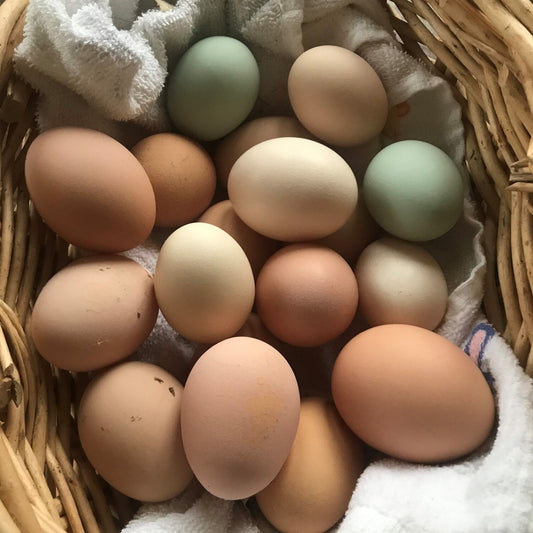
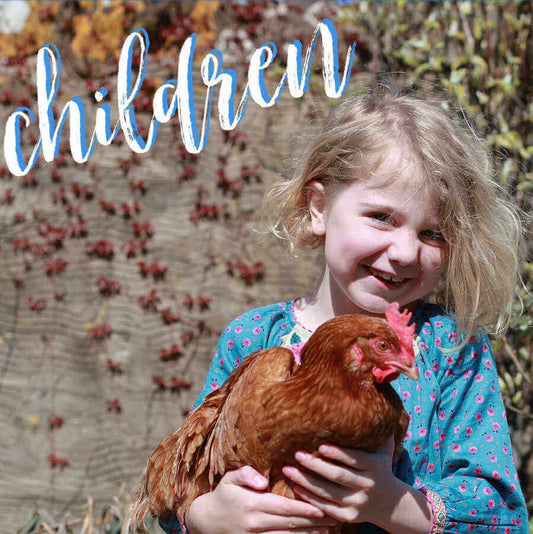
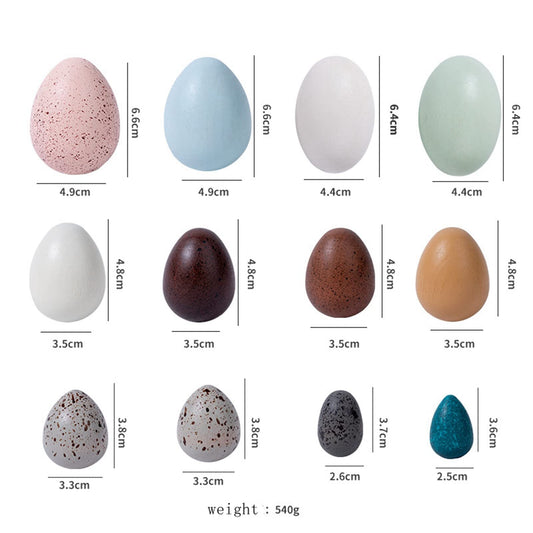
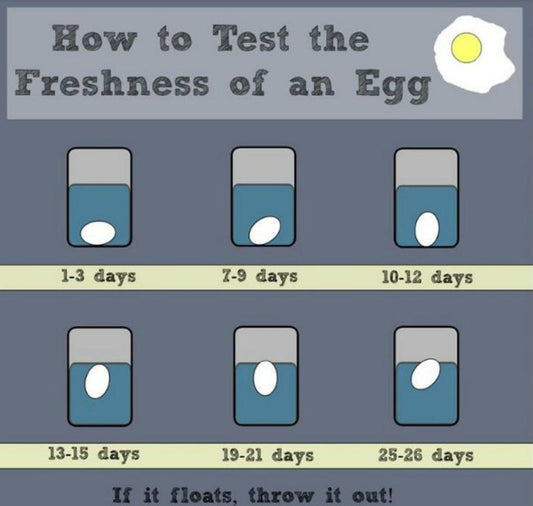
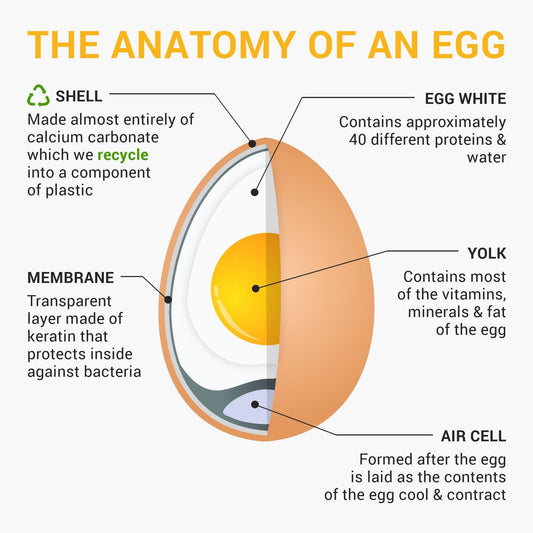



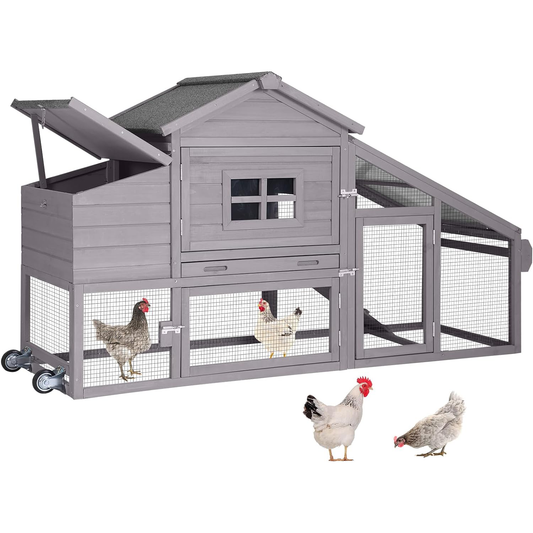



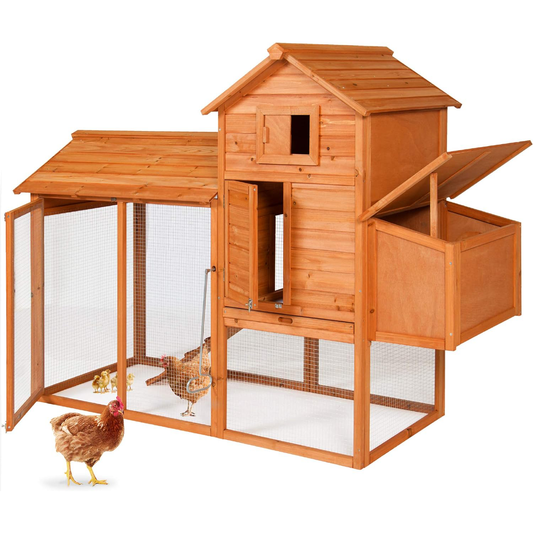






0 comments